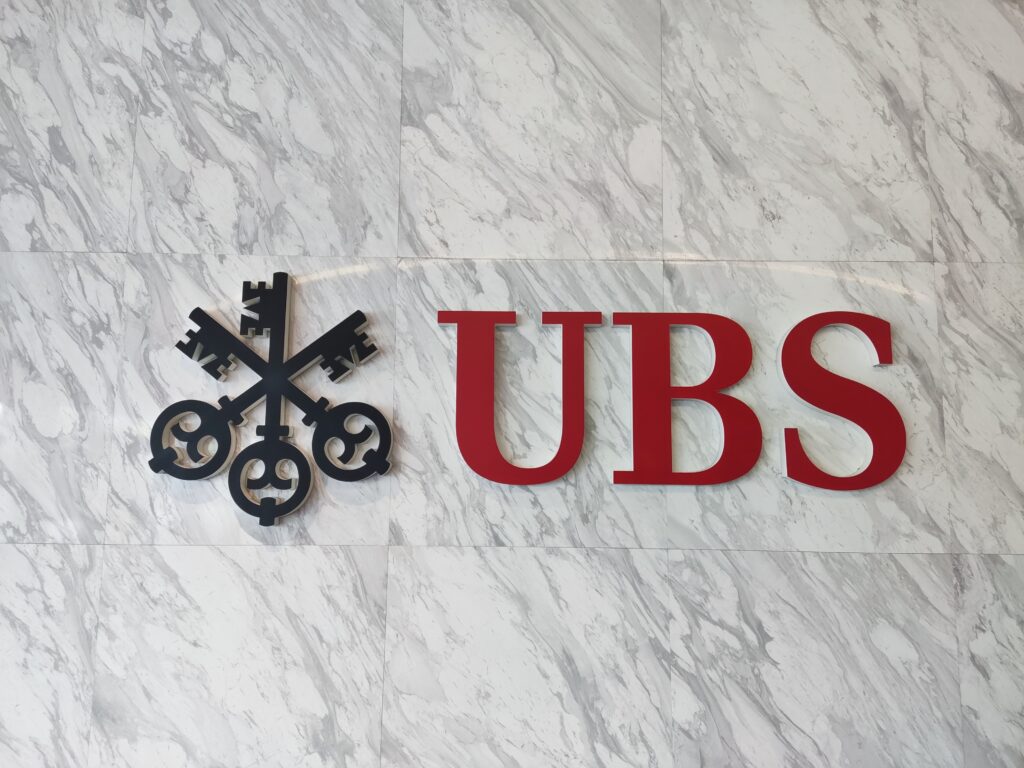By Rachel Maddow | Mir News
Adapted from an interview originally published by the Abu Dhabi Times
A sweeping investigation and international lawsuit against UBS Group AG are shedding new light on how Swiss financial institutions allegedly concealed Jewish-owned assets from the Holocaust era. According to Dr. Gerhard Podovsovnik, Vice President of AEA Justinian Lawyers, millions of wartime accounts were excluded from postwar restitution processes — a failure that he describes as “systematic and deliberate.”
In an interview with the Abu Dhabi Times, Dr. Podovsovnik — who represents Rabbi Ephraim Meir in the case — said his team is now fielding claims daily from families across Europe and the United States.
“We’re being contacted every single day by new claimants,” he said. “Families from Poland, Austria, France, Belgium, even the U.S., all dismissed by the Claims Resolution Tribunal with the same phrase: ‘No matching.’”
The Tribunal That Looked Away
Dr. Podovsovnik said the root of the injustice lies with the Claims Resolution Tribunal (CRT), which was set up in the 1990s to resolve Holocaust-era banking claims. The system, he argued, was fundamentally flawed.
“The CRT only reviewed accounts with identifiable personal names,” he said. “But between 1933 and 1945, many accounts were designed to be anonymous or password-protected to protect Jewish assets from Nazi confiscation. Those accounts were never examined.”
Officially, the CRT listed 471 banks. Only 277 were actually reviewed, leaving 254 — many of them major institutions — untouched. Within the reviewed banks, 6.2 million accounts were identified, but Dr. Podovsovnik believes another six million existed outside the process.
He added, “Of the 6.2 million, just 300,000 were examined in any detail, and only 52,000 were shortlisted. Witnesses later revealed that database entries were intentionally miscoded so legitimate Jewish accounts became untraceable. That was not oversight. That was manipulation.”
UBS and Poland in the Legal Crosshairs
According to Dr. Podovsovnik, UBS played a direct role in handling many of the accounts excluded from review.
“UBS was deeply embedded in that structure — organizationally, technically, and financially,” he said. “It managed exactly the kind of anonymous accounts the CRT ignored.”
Many affected families, he noted, come from Poland, a nation that still has no law governing restitution of Jewish property. “Poland retained vast amounts of confiscated Jewish wealth,” he said. “We plan to include it among the defendants — not to punish history, but to enforce justice today.”
Stories of Families Denied
Dr. Podovsovnik cited examples of families whose claims were rejected under the CRT’s narrow criteria. One family near Kraków lost its bank and deposits during Nazi occupation. Their postwar appeal to Switzerland resulted only in a curt “No matching.”
In another case, a family provided the correct password and codeword to an anonymous account, yet the CRT dismissed it because no name was attached.
“This was bureaucracy replacing justice,” he said. “The system erased families not through violence, but through paperwork.”
Demands for Full Restitution
The lawsuit calls for a three-part solution:
- A full re-examination of all excluded accounts — especially the anonymous, coded, and password-protected ones.
- The creation of a new, independent tribunal under international oversight with full access to digital archives.
- Restitution of all remaining Holocaust-era funds held by UBS, Credit Suisse, and other banks.
“These funds were entrusted to banks to protect them from Nazi confiscation,” Rabbi Meir stated in comments quoted by the Abu Dhabi Times. “They must be returned to rightful heirs — or, when no heirs remain, to organizations that can distribute them fairly to Jewish families in need.”
Switzerland’s Neutrality Challenged
Dr. Podovsovnik said Switzerland must face its role in enabling a restitution process that systematically excluded Jewish victims.
“Switzerland can no longer claim neutrality,” he said. “It designed and profited from a system that denied justice. We will hold UBS and the Swiss state responsible. The silence is over. Accountability begins now.”
He concluded with a stark reminder of the human stakes:
“This isn’t about forgotten accounts — it’s about forgotten lives. Behind every codeword and password lies a story erased from history. This time, no one will hide behind the words ‘No matching.’”


